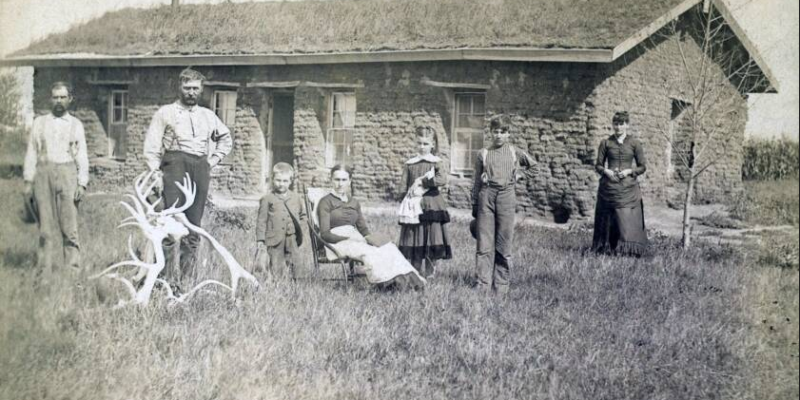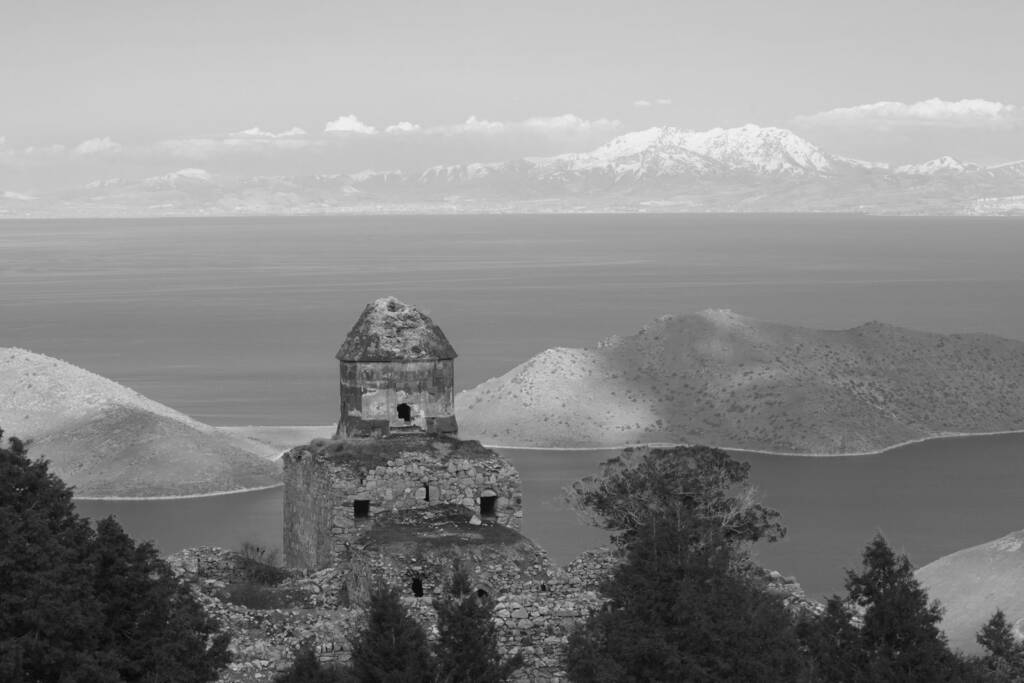
The Armenian Genocide stands as a haunting testament to the depths of human cruelty, a chapter in history that continues to evoke profound emotions and stir debates even today. This dark period in the early 20th century marked the systematic extermination of the Armenian population by the Ottoman Empire during World War I. The repercussions of this tragic event still resonate in contemporary discussions on human rights, justice, and historical responsibility.

The Origins of the Armenian Genocide
The roots of the Armenian Genocide trace back to the declining Ottoman Empire, which sought to maintain its territorial integrity amidst the turbulence of World War I. Fearful of the Armenian population’s political and cultural influence, the Ottoman government embarked on a campaign of forced deportations, mass killings, and forced labor. Beginning in 1915, countless Armenians were forcibly uprooted from their homes, subjected to brutal conditions during forced marches, and often met their demise in mass killings.
The Young Turks, who held power during this period, aimed to homogenize the empire’s population by eliminating ethnic and religious minorities. The Armenian population was especially targeted due to their Christian faith and perceived alignment with enemy forces. Scholars estimate that over a million Armenians perished during this tragic event, while countless others were displaced and subjected to unspeakable atrocities.
The Legacy and Ongoing Controversies
The Armenian Genocide continues to be a contentious and sensitive topic on the international stage. While many countries and organizations recognize it as a genocide, the modern Turkish government denies these claims, leading to strained diplomatic relations with several nations. For the descendants of survivors and the Armenian diaspora, justice and acknowledgment remain essential, as they seek to commemorate their ancestors and bring attention to historical atrocities.
Conclusion
The Armenian Genocide remains an indelible stain on human history, a chilling reminder of the consequences of intolerance, prejudice, and unchecked power. The memory of this tragedy lives on through the stories of survivors and the efforts of those who advocate for recognition and justice. In the face of denial and controversy, the world must not forget the Armenian Genocide, for it serves as a poignant lesson that we must always strive to prevent such horrors from happening again.














